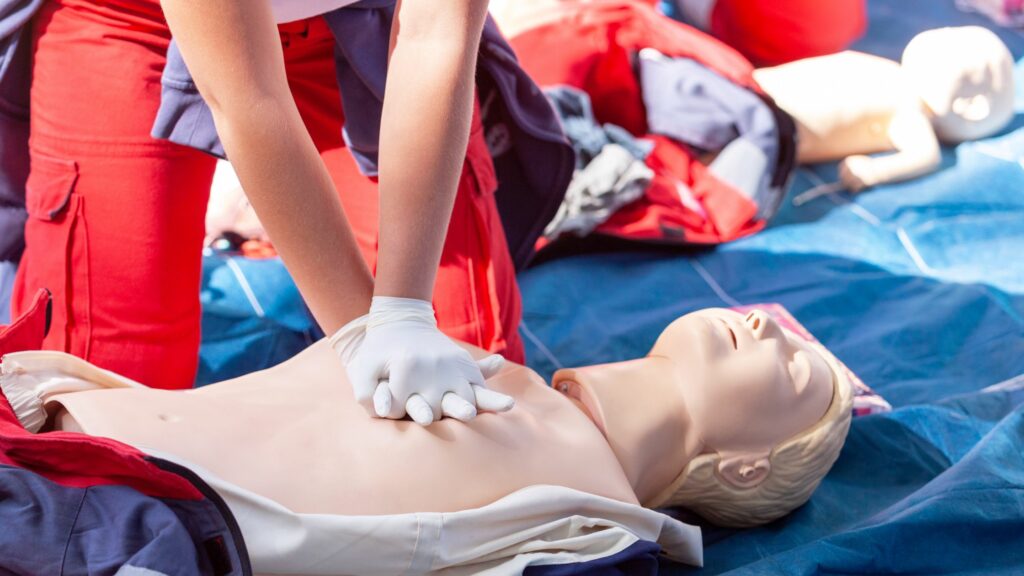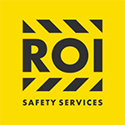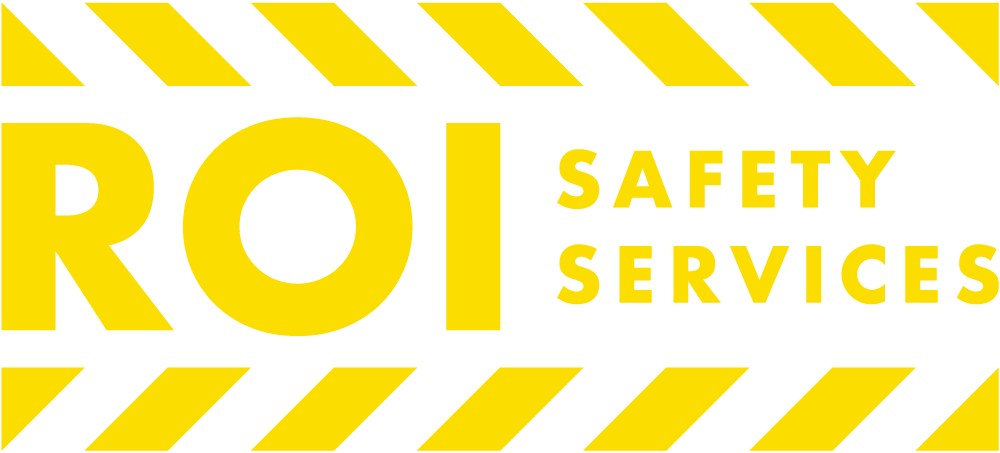
CPR is an important skill, and everyone who needs it must know how to do it properly. CPR certification is important – it ensures that people can provide lifesaving assistance when needed. But how long does CPR certification last? And when should you get recertified?
Here’s everything you need to know about CPR certification, including how often you renew your certification card and what you need to do to keep your skills up-to-date after a CPR class.
How Long Does CPR Certification Last?
In most cases, a CPR certification will last for two years. However, it’s important to note that this is just an estimate – in reality, the lifespan of your certification will depend on several factors, including the organization that issued your certification card and the type of CPR training you received from your healthcare provider.
So, while two years is the general rule of thumb, it’s always best to check with the issuing organization to find out how long yours is valid.
When Should You Get Your CPR Recertified?
It would be best to consider CPR certification renewal as you’re near your expiration date. However, it’s important to note that you can immediately renew your certification. It’s generally recommended that you get recertified before your certificate expires.
This is because, over time, your CPR skills can start to deteriorate – and if you wait too long to renew your certification, you may not be able to provide the same level of assistance as someone up-to-date with their training.
So, how often should you get recertified? The answer to this question will depend on several factors, including your experience level and how often you use your CPR skills.
If you’re a healthcare professional who uses CPR regularly, then it’s recommended that you get recertified every year. However, if you’re not a healthcare professional and only use your CPR skills occasionally, you may only need to get recertified every two or three years.
Regardless of how often you need to get recertified, it’s important to make sure that you keep your CPR skills up-to-date. This way, you’ll be able to provide the best possible assistance to someone in need and be confident in your ability to save a life.
What Do You Need To Do To Keep Your CPR Skills Up-To-Date?
You can do a few different things to keep your CPR skills up-to-date, even if you don’t need to get recertified.
One of the best things you can do is to stay up-to-date with the latest CPR guidelines. These guidelines are regularly updated, so it’s important to make sure that you’re familiar with the most recent changes.
You can also brush up on your CPR skills and aid training by taking a CPR refresher course. These courses are designed to help people refresh their memory and update their skills, and they’re generally very affordable.
Finally, practicing on a mannequin can also keep your CPR skills up-to-date. This is a great way to keep your skills sharp, and it’s also a lot of fun.
There is no one-size-fits-all answer to how you can keep your skills up-to-date, but as long as you stay informed and practice regularly, you’ll be able to provide the best possible assistance to someone in need.
How To Find The Perfect Recertified CPR Course
In 2022, many practices are claiming to offer the best CPR training and certification. They are all different, however, and you should choose the perfect one according to your needs. Here are some things you can look out for when deciding on your provider:
1) CPR And AED Training Should Be Included In The Course: You must be trained in CPR and AED use. If the provider only offers CPR training, look for another one. AED stands for an automated external defibrillator and is a device that can be used to restart the heart in the event of a cardiac arrest. Having an AED certification makes you all the more qualified if someone needs help.
2) The Provider Should Be Certified By The American Red Cross Association: The Red Cross Association is the leading organization regarding CPR training and certification. If the provider is not certified by them, you may want to avoid risking it.
3) The Provider Should Have a Good Reputation: You can check reviews online to see what others have said about the provider. Make sure that the provider has a good reputation and is known for providing quality training.
4) The Provider Should Offer Flexible Scheduling: You should be able to find a course that fits your schedule.
5) The provider should offer hand training: CPR can be tricky to learn if you are not allowed to practice. The provider should offer a hands-on course so that you can become comfortable with the technique.
These are some of the most common things to look for when choosing a CPR recertification healthcare provider. By following these tips, you can be sure you are getting the best training possible in your CPR certification class.
ROI Safety Services - Helping Those With CPR/AED, First Aid & Bloodborne Pathogens Course
When searching for a reliable and comprehensive CPR course, look no further than ROI Safety Services. We offer a unique combination of training to help individuals, organizations, and businesses. Our CPR/AED, First Aid & Bloodborne Pathogens course is a great place to start for anyone wanting to learn these lifesaving skills.
In the CPR aid course, we cover all of the following:
- Activating the EMS systems
- Heart Attacks – recognizing signs & systems
- Identifying cardiac arrest
- Administering artificial respiration / “one rescuer” CPR techniques
- Performing obstructed airway procedures for unconscious & conscious people
- Performing practical skills
- Automated External Defibrillator (AED)
- Adult CPR
- Basic First Aid
- Professional Development
In the First Aid & Emergency section of our course, we cover all of the following:
- Conducting primary & secondary surveys
- Controlling bleeding, treating for shock, applying basic bandaging
- Bloodborne pathogens
- Identification & treatment of burns and injuries from heat or cold
- Stabilization of impaled objects, eye and abdominal injuries
- Managing diabetic, seizure and poisoning emergencies
We strive to provide the most comprehensive and up-to-date safety and first aid courses available. With our course, you can be sure that you are getting the best training to help you save a life. For more information or to enroll, please visit our website today.

